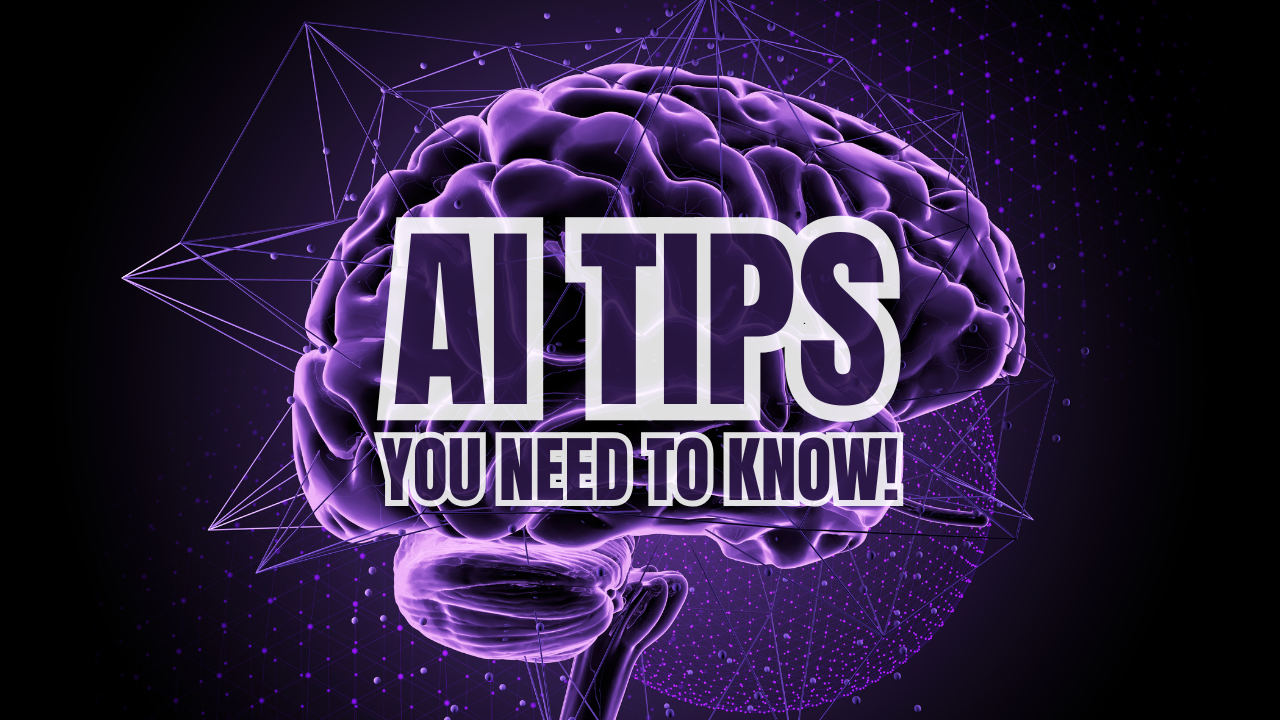The blank page doesn't have to be your enemy anymore, but that doesn't mean you should hand over your writing process to artificialintelligence.
As someone who has just finished my third book and is about to kick off my global book launch, Stroke of Success, I've seen firsthand how the writing world has changed since I wrote my first book four years ago. Writers today face a unique opportunity and challenge: how to use AI's incredible abilities without losing the authenticity and creative spirit that make their work special.
The answer is NOT to let AI write your book. It's to let AI help you build the framework so you can focus on what you do best:telling your story.
Why Framework First, Content Second
Think of AI as the world's most efficient research assistant and organizational mastermind combined. When I started writing my latest book, I spent weeks struggling with the structure, trying to organize my ideas into a clear narrative flow. This time, I took a different approach. I used AI to help me outline chapter frameworks, spot potential gaps in my argument, and even suggest transitions between complex topics.
The result? I spent 70% more time writing and 70% less time staring at my screen, wondering what comes next. But every word, every insight ,every personal anecdote was still authentically mine.
Here's the key difference: AI is good at recognizing patterns, organizing, and systematic thinking. It can analyze effective book structures, suggest logical progressions, and help you avoid common mistakes. However, it cannot bring your unique perspective, your hard-earned wisdom, or your distinct voice into the story.
When authors rely on AI to generate entire sections, the outcome often feels cold and impersonal. Readers can distinguish between genuine human insight and machine-produced text. Even the most advanced AI can't match your personal experiences, failures, and breakthrough moments.
The Sweet Spot of AI Assistance
The magic happens when you use AI as a strategic thinking partner. During the planning phase of Stroke of Success, I engaged AI in conversations about my core themes. I'd present my rough ideas, and it would help me identify logical inconsistencies, suggest research directions, and propose alternative organizational structures I hadn't considered.
This collaboration gave me clear insight into the writing process. I knew my goal and had a dependable guide to reach it. But each part of the journey, every metaphor, every case study, every moment of vulnerability, came from my own creative source.
The publishing industry is flooded with content. What readers truly desire isn't more words; it's genuine connection through real human experience. AI can assist you in delivering that connection more efficiently by managing the structural work, allowing you to concentrate on the emotional and intellectual depth that only you can offer.
The Five Pillars of Smart AI Integration
- Outline Optimization: Utilize AI to examine your chapter structure and detect logical gaps or redundancies in your argument flow, ensuring each section naturally leads to your conclusion.
- Research Acceleration: Use AI to quickly find credible sources, combine complex information, and suggest research directions you might have overlooked during your initial exploration.
- Content Gap Analysis: Share your draft ideas with AI and have it identify potential counterarguments, missing perspectives, or areas where readers might need extra context or explanation.
- Transition Enhancement: Use AI to suggest seamless bridges between chapters and sections, helping maintain narrative flow while ensuring logical progression throughout your manuscript.
- Consistency Checking: Use AI to review your manuscript for consistent terminology, tone, and messaging, catching subtle inconsistencies that could undermine your professional credibility.
Your Voice, Amplified
The future belongs to authors who recognize that AI is not a shortcut to skip the hard work of writing. Instead, it's a tool that enhances that effort, making it more focused and effective. Your readers don't want another AI-generated book.They want your insights, refined and delivered with clarity through thoughtful organization and strategic planning. Use AI to lay your foundation, but let your authentic voice build everything that truly matters above it. That's where the real magic and connection with your readers happen.
Ready to transform your writing process? Start your next book project by spending one hour with AI mapping out your core structure before you write a single sentence of content. You'll be amazed at how much clearer your path forward becomes. Share your experience in the comments. I'd love to hear how AI has enhanced (or hindered) your creative process.

.svg)


.png)






